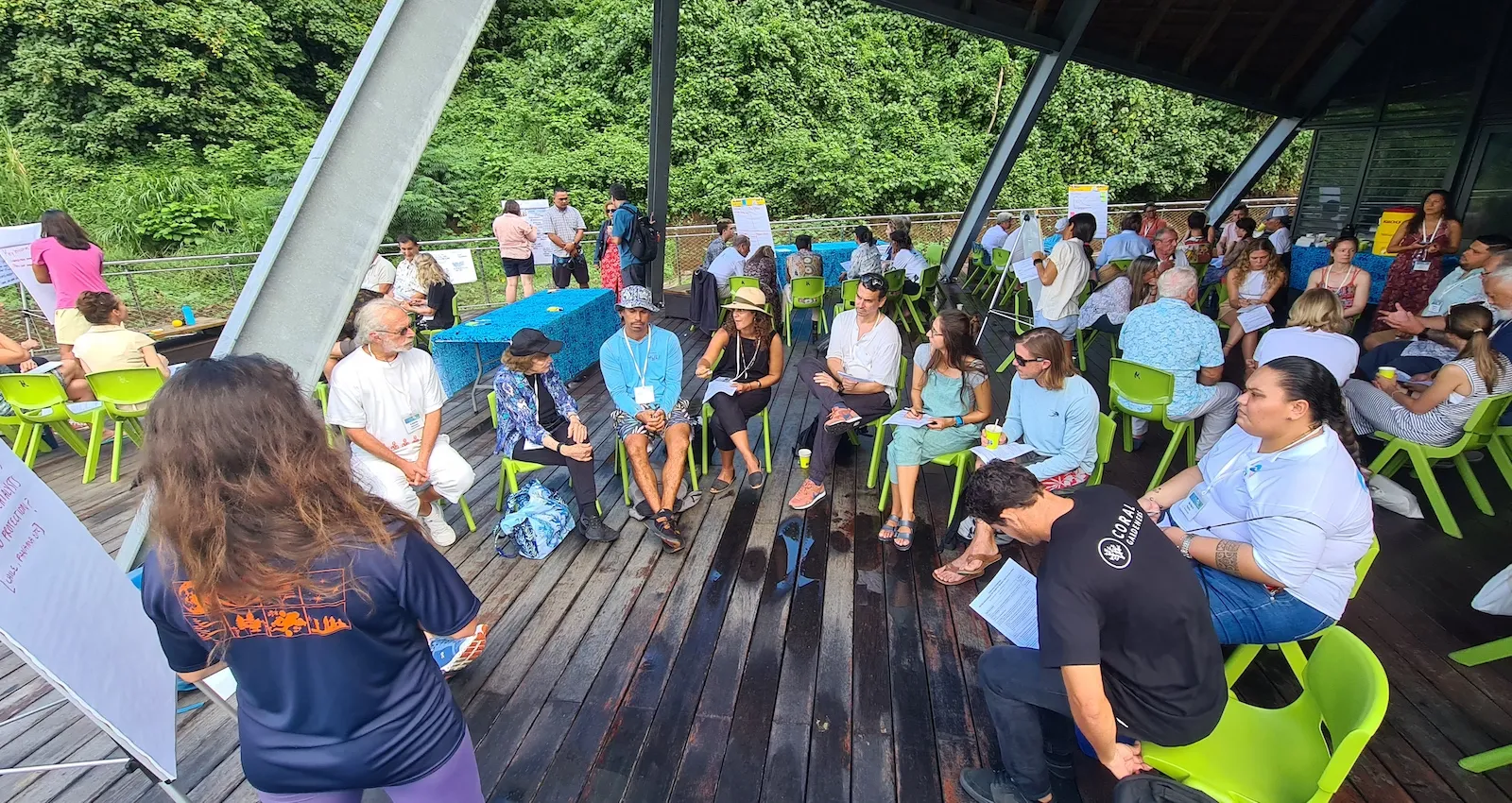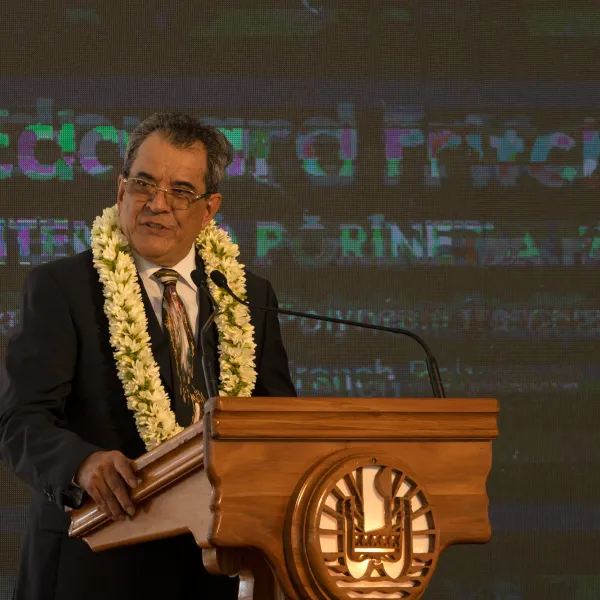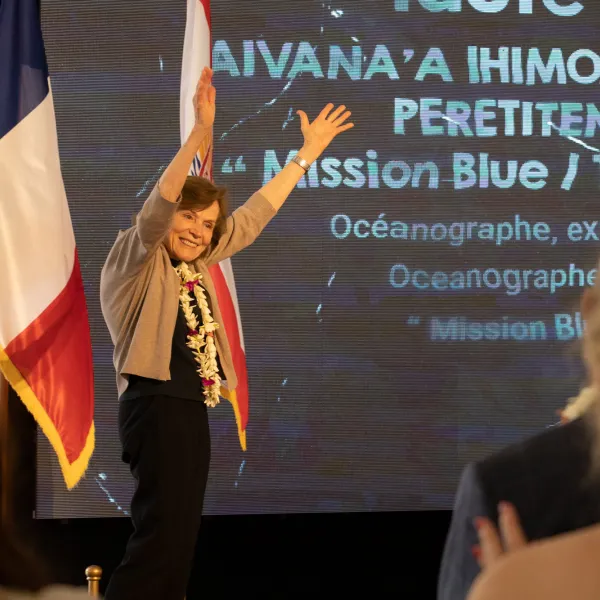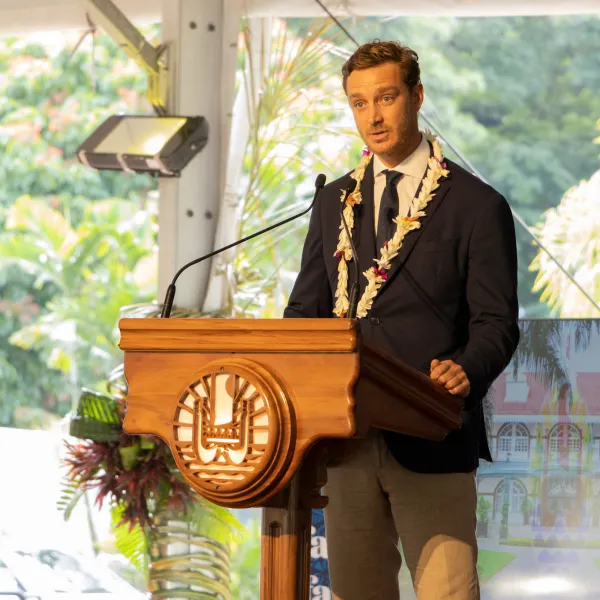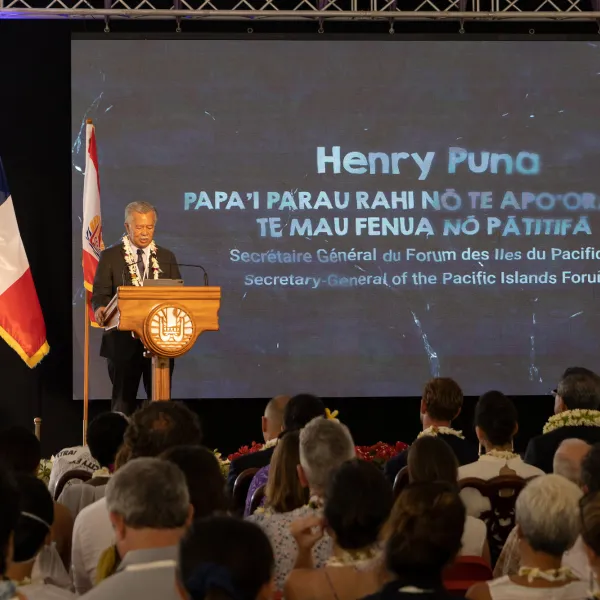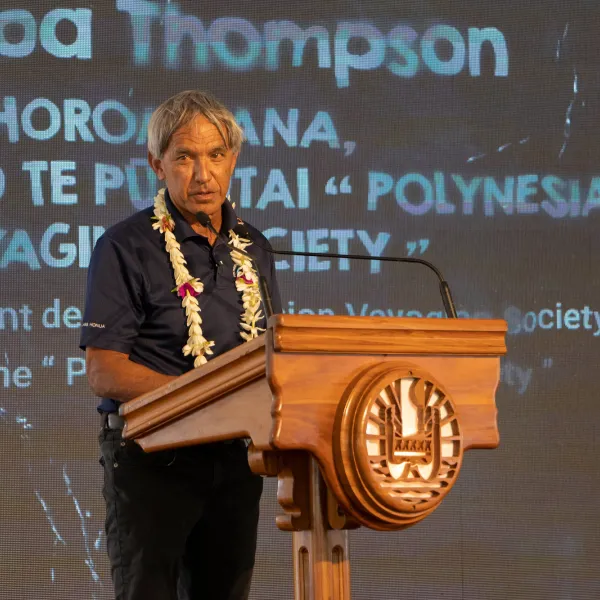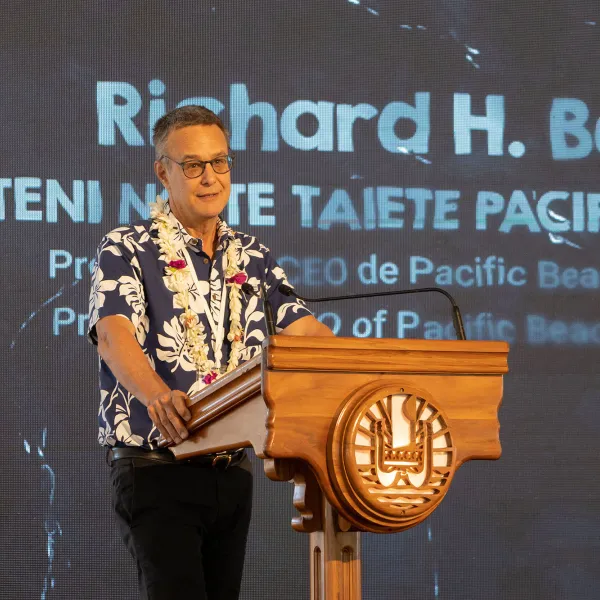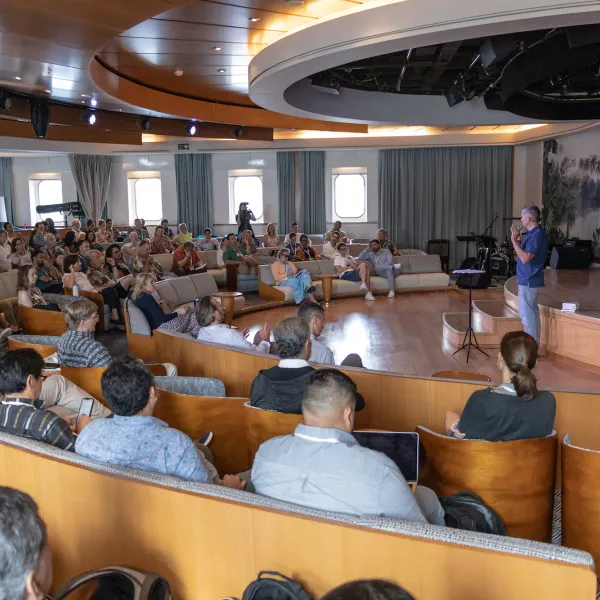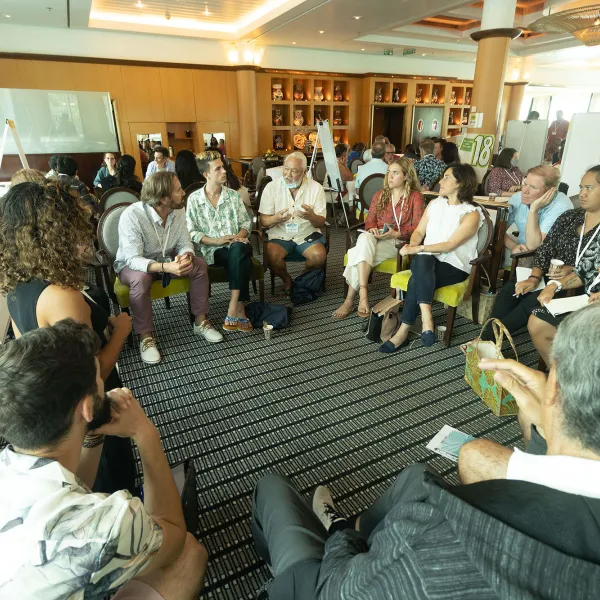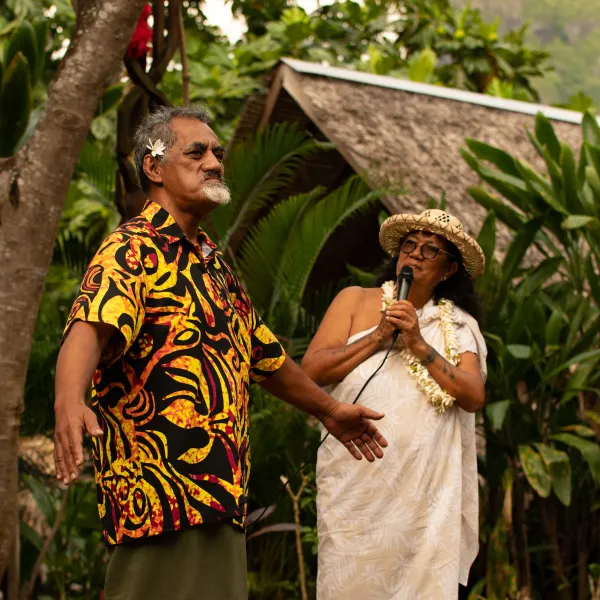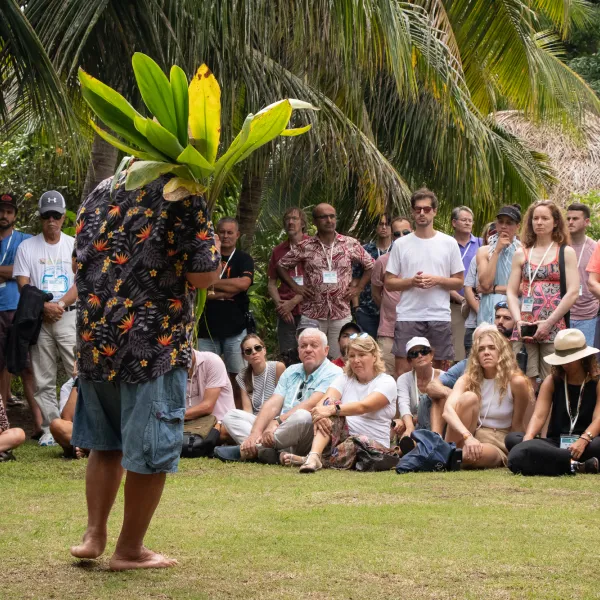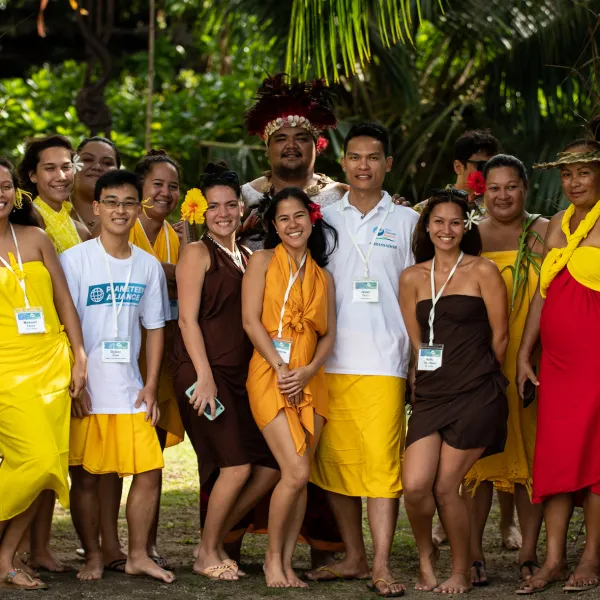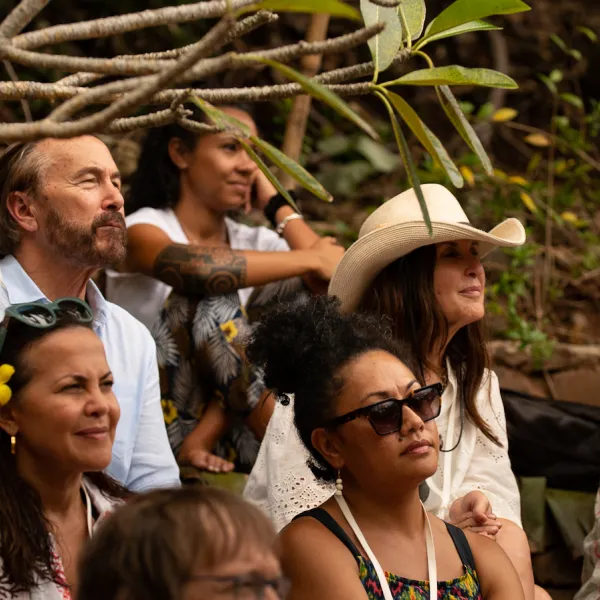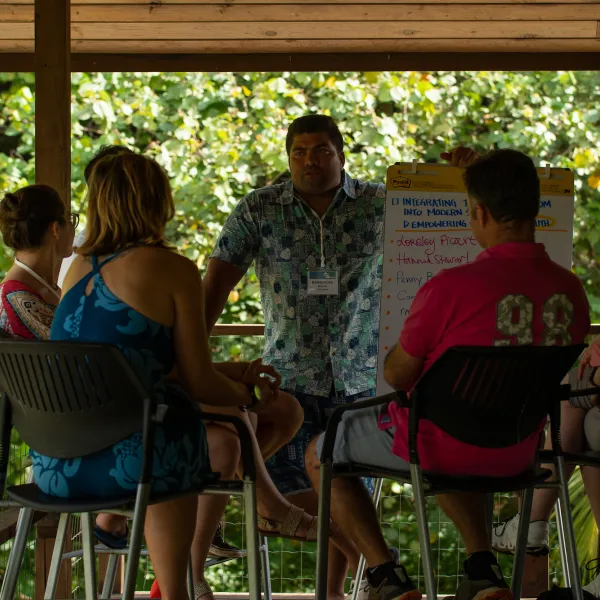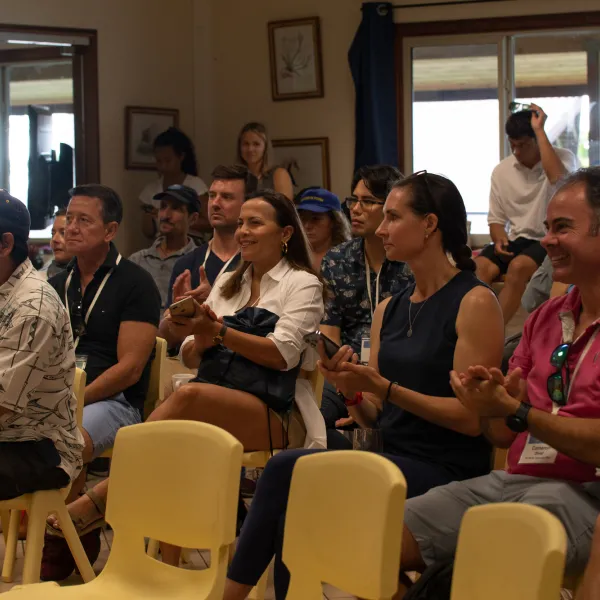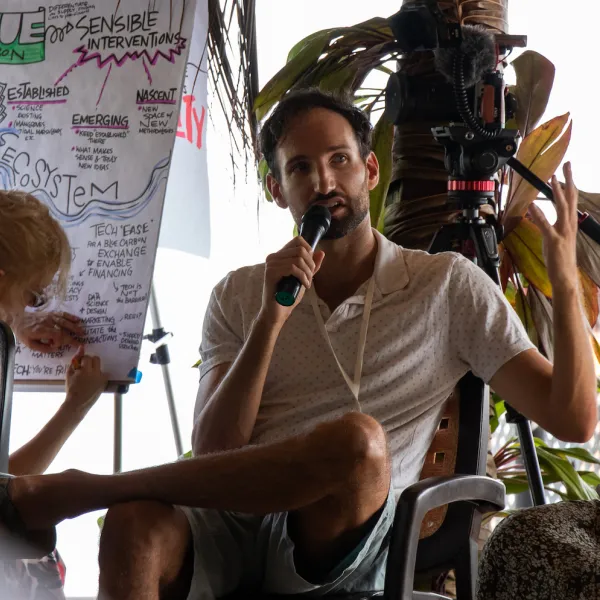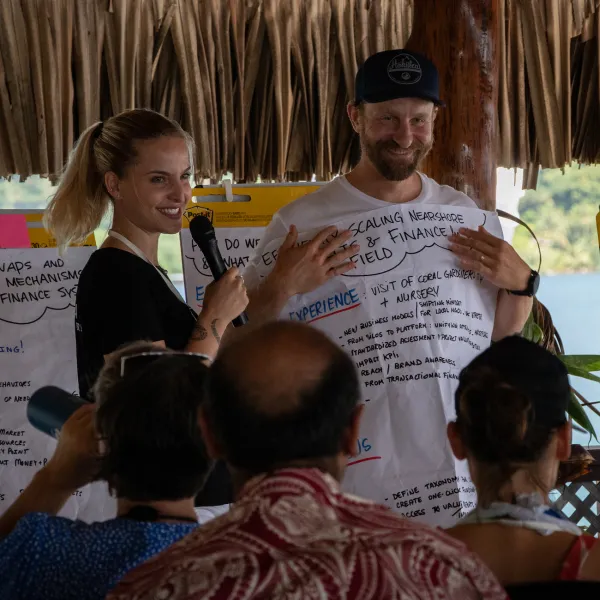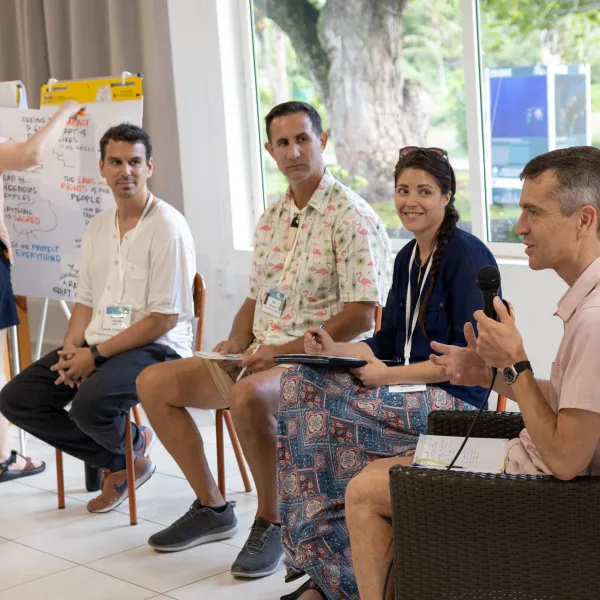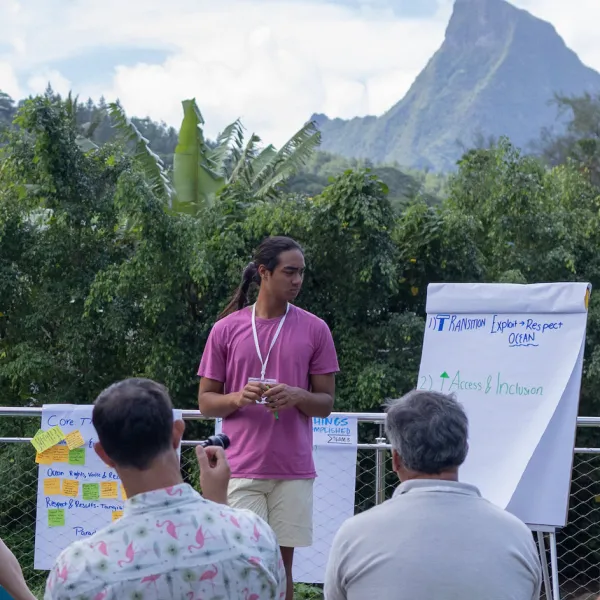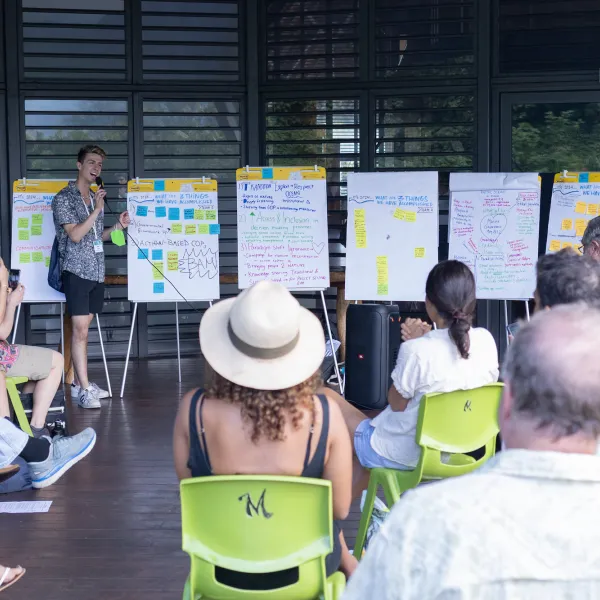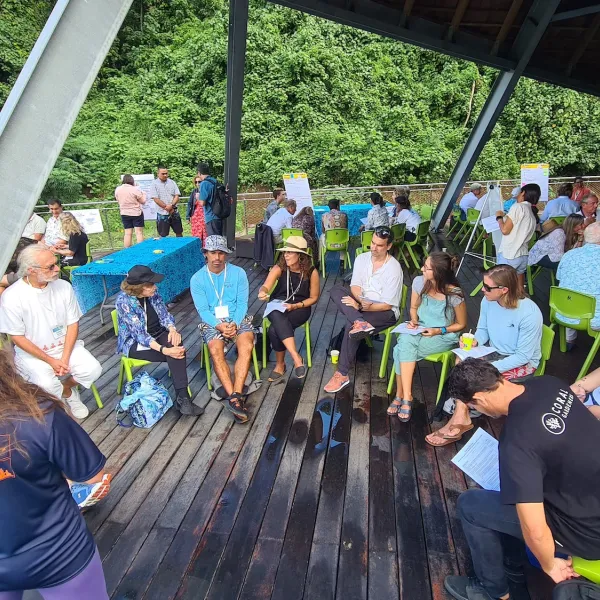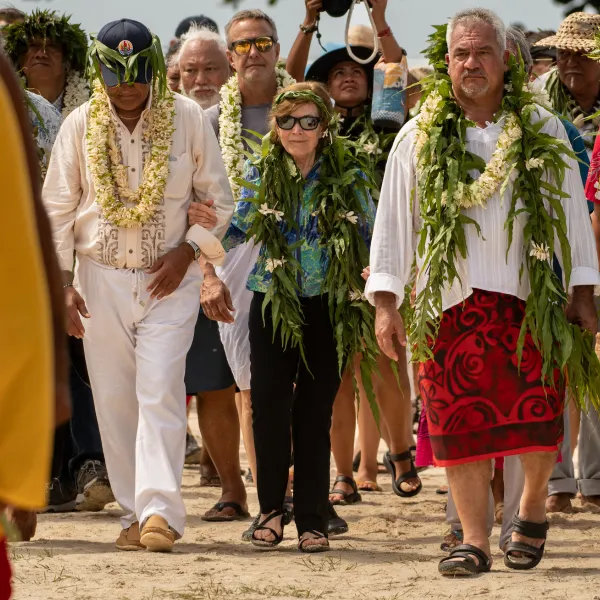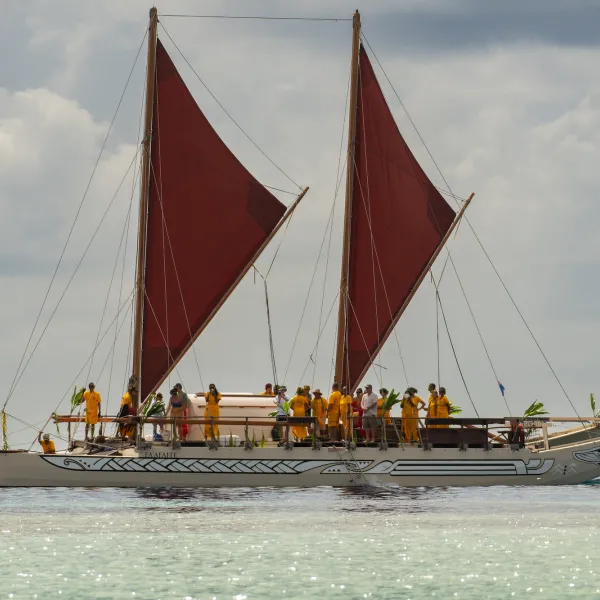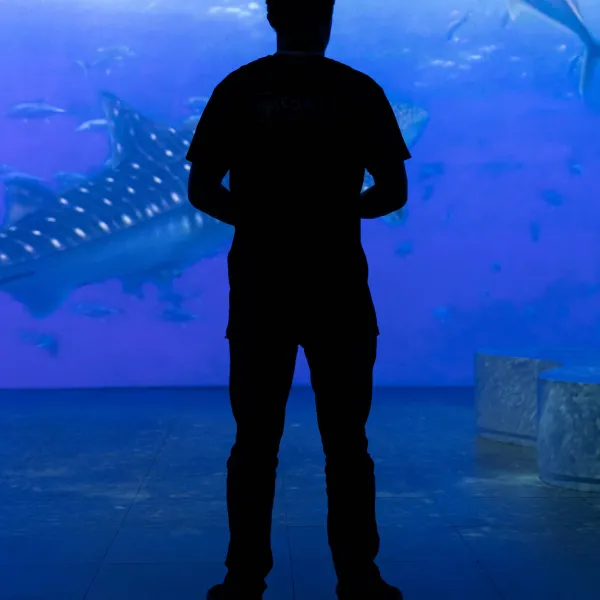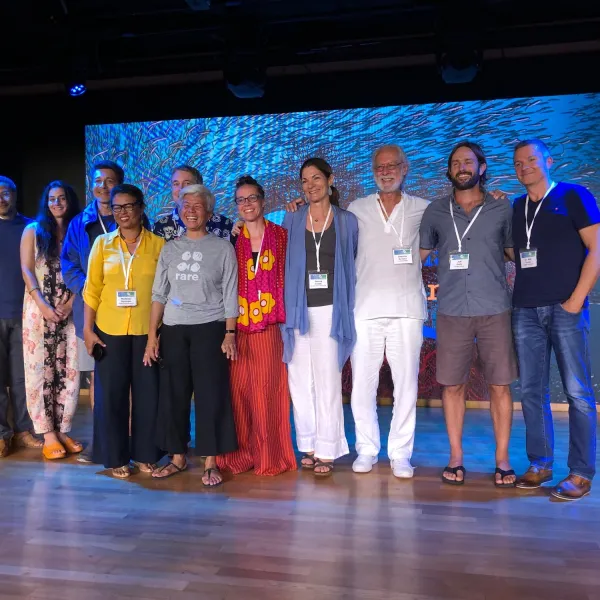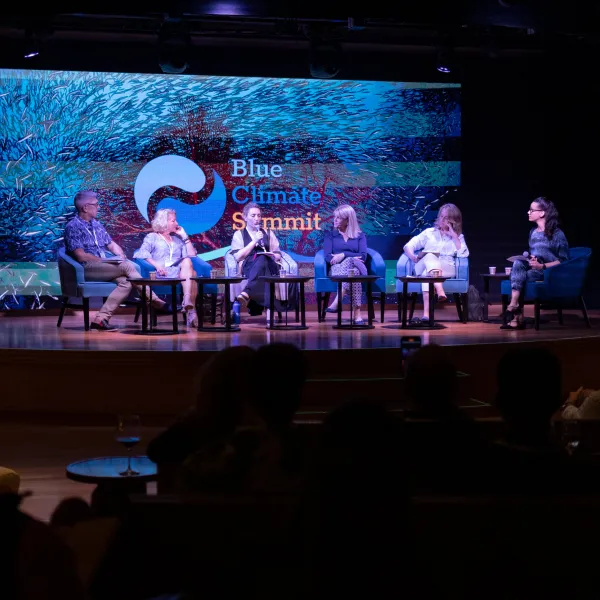On May 14-20 2022, over 200 scientists, leaders, youth advocates and ocean champions took part in the Blue Climate Summit in French Polynesia. Their objective was to advance ocean-related solutions to climate change through concrete, actionable projects. Significant progress was made as summarized in the Blue Climate Summit Outcomes Report published today on the Blue Climate Initiative website.
"I invite the world to come to French Polynesia, to Listen to us, and above all, to Hear us.” - President Fritch
The setting of the Summit in French Polynesia, the heart of the Pacific, was powerful and impactful. President Édouard Fritch invited the world to convene for the Summit to hear the people of French Polynesia:
“With the largest managed marine area in the world and its 19,000 km2 Biosphere Reserve, our people of the largest ocean continent carry a message to offer to the World. On the occasion of the Blue Climate Summit, I invite the world to come to French Polynesia, to Listen to us, and above all, to Hear us.”
Participants took this to heart and left with an increased understanding and appreciation for traditional wisdom and modern Polynesian approaches.
A couple of overarching themes ran throughout the Summit. First, the urgent need for better ocean protection in light of the fundamental importance of a healthy marine ecosystem for climate stability - and indeed life on earth. As Dr. Sylvia Earle noted,
“the living ocean, all of it, is inextricably connected to Earth’s climate and to the existence of life, humans very much included.”
Second, the importance of maintaining a healthy ocean in light of the impact of ocean health on human health.
“The living ocean, all of it, is inextricably connected to Earth’s climate and to the existence of life, humans very much included.” - Sylvia Earle
Of the many threats we face, none is more urgent than deep sea mining. The International Seabed Authority, an obscure organization in Jamaica, is preparing to issue mining licenses for the exploitation for personal gain of the common heritage of all mankind. The destruction of large swaths of pristine ocean floor and the unleashing of vast sediment plumes both on the ocean floor and in the water column will have major, but not yet fully known or understood, consequences. Summit participants were united in the need for more scientific research to understand the impact and consequences of deep sea mining before decisions are made that will have irrevocable consequences for marine ecosystems, ocean health, and climate.
"The Summit was not an event, but rather a beginning." - Nainoa Thompson
As Nainoa Thompson said, the Summit was not an event, but rather a beginning. Important initiatives were launched, but now the critical need is for all participants and participant organizations to lean in to propel these initiatives forward. The next several months will be crucial to advancing, implementing, and scaling the initiatives launched at the Summit. During this critical phase and beyond, the Blue Climate Initiative will lend its support and help with devoting and mobilizing resources where needed.
About the Blue Climate Summit
The Blue Climate Summit was organized by the Blue Climate Initiative and co-hosted by the Government of French Polynesia alongside other public and private institutions. Co-conveners included H.S.H. Prince Albert II of Monaco, President Edouard Fritch of French Polynesia; master navigator Nainoa Thompson from the Polynesian Voyaging Society; world-renowned oceanographer Dr. Sylvia Earle; international environmental advocate Laura Turner; Richard Bailey, CEO of Pacific Beachcomber in Tahiti; Andrew Forrest, co-founder of the Minderoo Foundation; and Marc Benioff, co-founder and co-CEO of SalesForce.
About Blue Climate Initiative
Blue Climate Initiative, sponsored by the nonprofit organization Tetiaroa Society, accelerates ocean-based solutions to climate change. It enables innovation, research, and collaboration while protecting our oceans and unlocking solutions on urgent challenges like renewable energy, sustainable food supplies, improved human health, flourishing biodiversity, stewardship of the ocean’s resources, and vibrant ocean economies.
